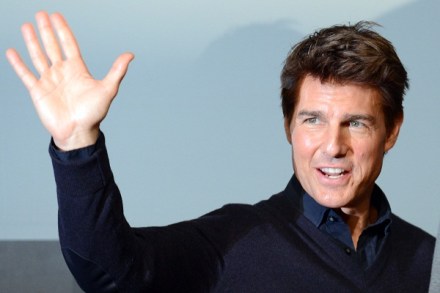Will the Guardian and the Independent kill the Grand National?
Over the past few years a new trend has emerged in British journalism. Our trade has become over-run with reporters or columnists who are not quite what they seem. They pretend to report objectively on events. In practice the true loyalty of these campaigning reporters or columnists is not just to their readers. Sometimes covertly, sometimes furtively, they also further the agendas of political parties and interest groups. This confusion of loyalties is a notorious problem at Westminster, but is now spreading beyond the political desks of national newspapers. Last weekend’s reporting of the Grand National was a very troubling example of the muddling of categories between straightforward reporting and
















